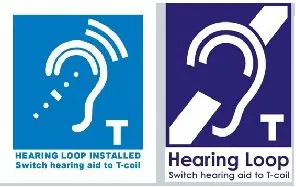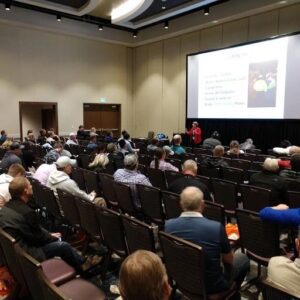audiologist
The list of communication access technologies is growing. Besides FM, IR, hearing loops and WiFi access, we now add a new option: Auracast™. Although everybody can take advantage of this evolving technology, especially those with hearing loss look forward to the new sound and listening experience. However, all of the current assistive listening choices listed…
Read MoreThose with APD have communication issues. They mishear. They have trouble understanding speech-in-noise and following conversations. Words may be jumbled, missed or go unrecognized. Sound-alike words are easily confused. In children, APD leads to slow speech development and learning problems. This may sound like typical hearing loss, but it is quite different. Auditory Processing Disorder…
Read MoreHearing is very complicated. There are many reasons why people can have hearing loss and not all hearing loss is the same. There are different types and degrees of hearing loss. But where is the problem? What part(s) of the ear is/are involved? Does the auditory cortex (hearing part of the brain) have trouble decoding…
Read MoreHearing connects us to our social and professional worlds. It allows us to enjoy the sounds of speech, nature, and music. Unfortunately, people all too often fail to appreciate this precious sense. They rarely feel motivated to protect and preserve their hearing. They take it for granted until it fades away and they experience the…
Read MoreAuditory processing Disorder (APD) affects learning and communication at any age. It is NOT caused by hearing loss. Although many APD-related symptoms appear to be similar to those caused by hearing loss, they happen for different reasons. One might say that APD mimics hearing loss. APD is due to sound processing problems of the brain…
Read MoreOn August 16, 2022 the U.S. Food and Drug Administration (FDA) released its Final Rule for the sale of Over-the-Counter (OTC) hearing aids. Affordable hearing help has been an issue for some time and many feel that FDA-regulated OTC hearing aids are long overdue. Chances are that these devices could be available online and in…
Read MoreHearing loops & telecoils create assistive listening systems Travel happens mostly in sound environments that generate serious communication challenges for those with hearing loss. Yet, understanding speech in the least amount of background noise is a major issue for those who are hard-of-hearing. Luckily, hearing loops are gaining in popularity with the travel industry…
Read MoreA sound processing disorder The technical term for “Lazy Ear” is ambly-audia, which means dulled or blunted hearing. Although the condition can be genetic, it is often acquired during the phases of hearing development and maturation in infancy and throughout the childhood years. Lazy Ear or amblyaudia is lopsided, asymmetrical hearing, which results from sound processing challenges…
Read MoreWhat did you say? Old problem gets a name An almost standard comment from people with hearing loss goes like this: “If only I could turn the speakers’ voices up louder, I would be able to hear and understand better over the room noise.” The issue of not understanding speech in background sound is known…
Read More

